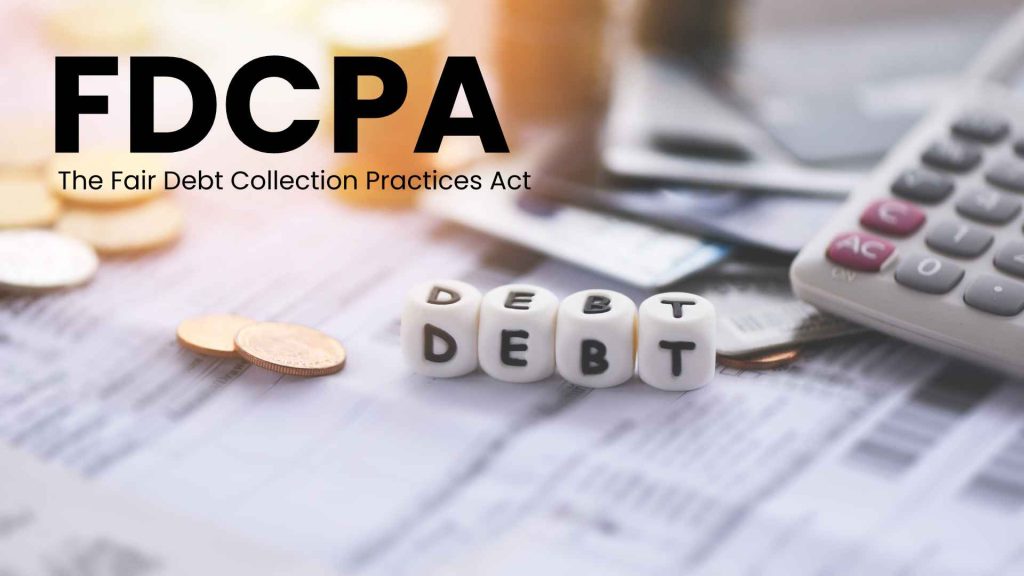Dealing with debt collectors can be difficult, but knowing your rights under debt collecting regulations will help you to properly handle the pragmatic and legal procedures. Knowing how to defend yourself is absolutely essential whether you are handling letters, calls, or legal action. This book will walk over your rights as a debtor, debt recovery rules, and the best legal strategies for handling debt collectors.
1. Explain ways of debt recovery:
Debt collecting laws restrict the path of action debt collectors and creditors could follow toward past due payments. These guidelines assist to prevent aggressive collecting methods and ensure fair treatment of debtors. Most basic rules protecting customers are:
A. Under The Fair Credit Reporting Act (FCRA), governs outside debt collectors and outlaws dishonesty or harassment, therefore safeguarding against inaccuracies and managing how debt information shows on credit reports.
B. Enforces rules against aggressive debt collecting strategies under the Consumer Financial Protection Bureau (CFPB).
Many states have specific laws particularly pertaining to debt collecting, thereby offering more defense.
2. FDCPA: Your Legal Rights :

Among other protections the FDCPA provides for customers, debt collectors cannot call before 8 AM or later 9 PM.
No Harassment or Threats they cannot use dishonest, forceful, or threatening techniques.
You have entitled to insist on evidence confirming the debt is yours and legal.
Apart from legal warnings, you could kindly ask in writing that collectors stop calling you.
Among collectors, it is unacceptable to lie about the due amount or launch bogus legal action claims.
3. Legal Dealing Concerning Debt Collectors:
By using these rules, a debt collector should contact you:
A: Review the debt
- Thirty days following first contact, get a written debt validation letter.
- Check the debt to be exact and not outside of the legislative limit.
- Search the creditor or quantity information for errors.
B. know your options for payments.
- Bargain for a settlement: some collectors might agree to smaller lump-sum pay.
- Plan your payments: if at all possible, make a sensible monthly calendar.
- Ask for a hardship scheme. A few creditors offer a little break from financial troubles.
C. Unresolved Debt in Conflict
- If you believe the debt belongs another someone or is incorrect, write a dispute with the collection agency.
- Send the dispute certified mail; then, keep account of every letter you write.
D. If a lawsuit targets you
- you should approach it properly. If a debt collector sue you, Do Not Ignore the Summons respond to the complaint by the due date.
- See a lawyer for legal advice challenging unfounded allegations.
- If the debt is really old, you might not have to pay it.
- Many collectors would much sooner settle away from a court.
If a debt collecting overwhelm you, keep in mind:
- Under Credit Counseling Services, nonprofit groups offer free or low-cost debt management help.
- Businesses providing legal guidance: If you encounter aggressive collecting strategies, see legal counsel.
- While some companies negotiate on your behalf with creditors, be careful about frauds.
Final Thought
Knowing debt recovery guidelines helps you to openly and properly manage debt collectors. Knowing your rights, reviewing debt, adjusting your payment schedule, and, when needed, getting guidance will help you to negotiate debt collection free from needless anxiety.
Should debt collectors harass you, act now to protect your financial future. Respecting your legal rights, keep yourself always current!

